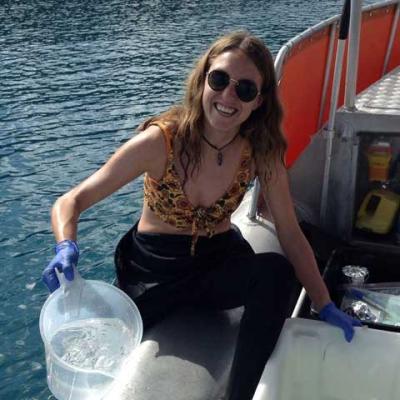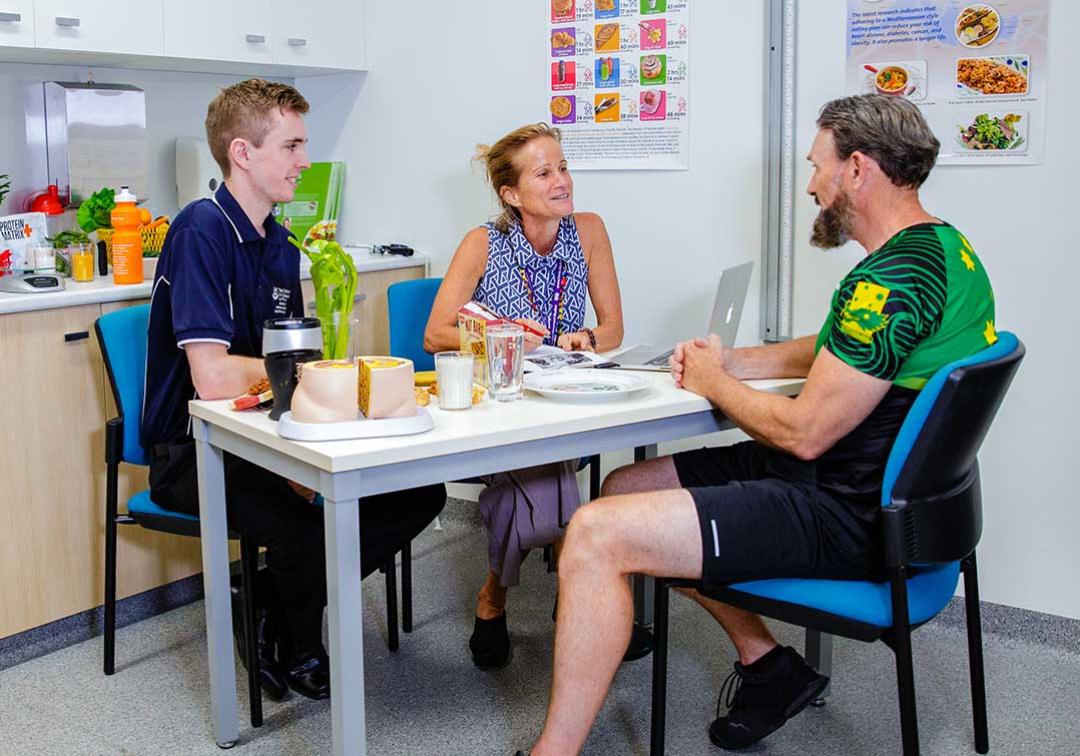
Microbiology is at the forefront of protection against infectious diseases.
You’ll study microorganisms, the immune system, microbial virulence, disease states and response to infection.
Learn how vaccines protect animals and humans from infectious diseases. Discover the latest advances in vaccine development from your lecturers who are globally recognised experts.
You’ll focus on immunology, virology, parasitology, environmental microbiology, microbial biotechnology and microbial genomics. Study bacterial, fungal and viral infections.
Apply your knowledge in weekly laboratory practicals. Gain skills in specialist biomedical and molecular techniques used to diagnose and characterise infectious microbes and in the development of new diagnostics. Problem-based scenarios will enhance your analytical, research and communication skills.
The growth in biotechnology, aquaculture and emerging disease threats to plant, animal and human health globally has increased job opportunities for microbiologists. You’ll be equipped for roles in agriculture, environmental, chemical, pharmaceutical, medical, food processing and veterinary companies. Studying microbiology can lead to rewarding career opportunities in specialist areas such as forensics, biosecurity and quarantine in government agencies.
Or kickstart your career in research by progressing into a research-based honours degree.
Career possibilities
Our programs prepare you for your first job and beyond. Here are some of the careers you could be on your way to:
- Microbiologist
- Forensic specialist
- Biosecurity officer
- Laboratory coordinator
- Medical scientist
- Microbiology team lead
- Laboratory manager
- Microbiology laboratory technician
Graduate salary
Science and mathematics (undergraduate)
compared.edu.au
Events
See all events
30 June
Queensland Biology Winter School, Year 11
Stories
See all stories
UQ people
Meet the expert: exploring counselling with Dr Kate Witteveen
4-minute read
Stories
See all stories
Uni life
From classroom to practice: insights from my Master of Counselling placement
3-minute read

UQ people
Meet the expert: exploring counselling with Dr Kate Witteveen
4-minute read
How you'll learn
Your learning experiences are designed to best suit the learning outcomes of the courses you choose.
- Lectures
- Tutorials
- Research experience
- Laboratory work
What you'll study
At UQ, subjects are called 'courses'. Here's a sample of the courses you could study:
- Cells to Organisms
- Microbiology and Immunology
- Molecular Microbiology
- Microbes and Human Health
Keep up to date
Sign up to get information about applying and studying at UQ.




